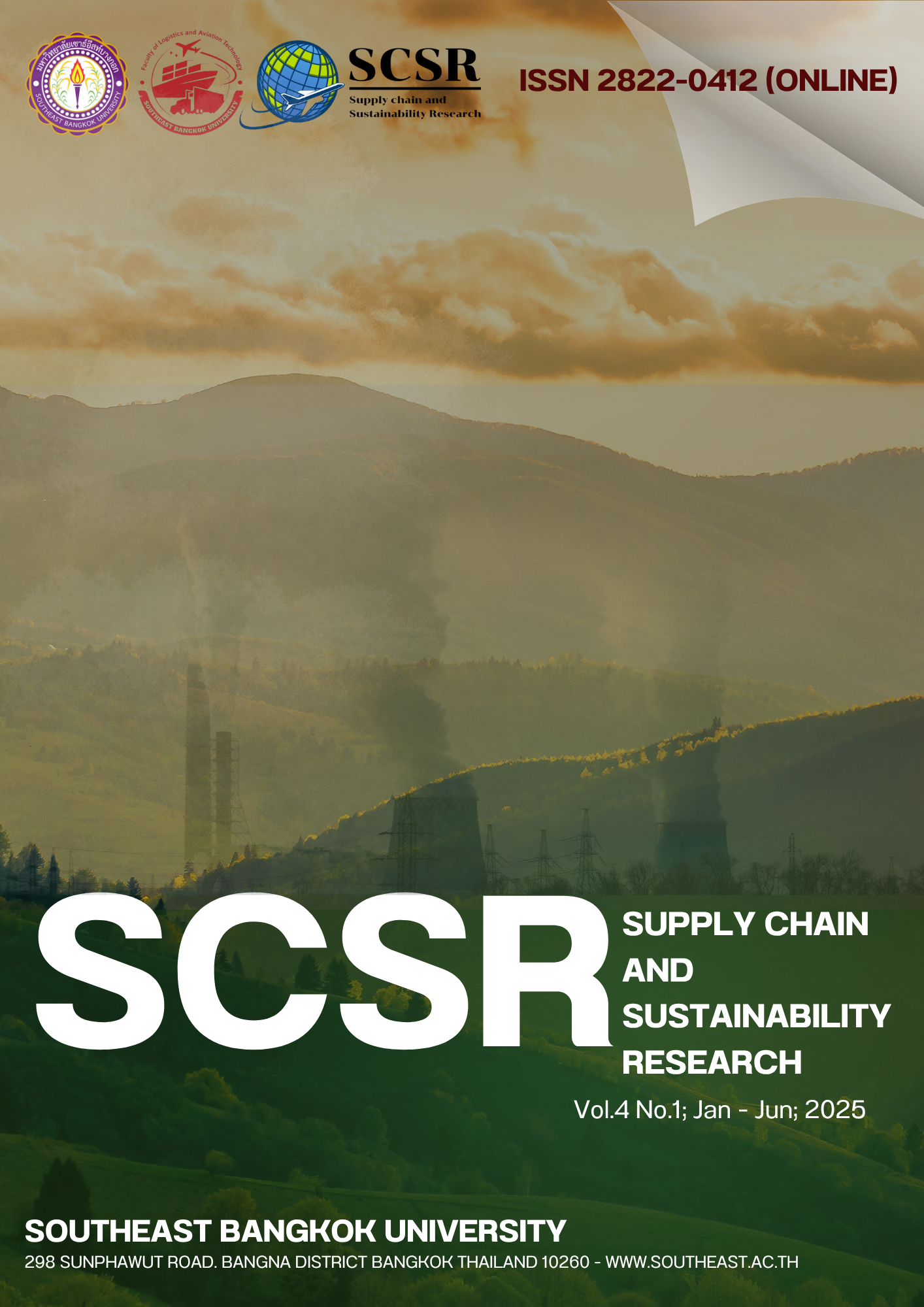Intersecting Inequalities in Kenyan Education: A Bordieuan Lens on Economic, Social, and Cultural Capital A Bourdieuian Lens on Economic, Social, and Cultural Capital
Main Article Content
บทคัดย่อ
This paper investigates how Pierre Bourdieu’s forms of capital, economic, social, and cultural intersect to shape educational outcomes among students in Kenya. Drawing from qualitative fieldwork conducted in both urban (Nairobi) and rural (Turkana/Bungoma) contexts, the study offers a comparative case analysis of how unequal distributions of these capitals influence academic trajectories. Using semi-structured interviews, classroom observations, and document analysis, this research reveals that disparities in capital reinforce cycles of privilege and disadvantage within the Kenyan education system. Recommendations include equity-centered educational policies and localized interventions to recognize and support undercapitalized learners. The findings contribute to policy and scholarly discourse on education equity in Sub-Saharan Africa.
Article Details

อนุญาตภายใต้เงื่อนไข Creative Commons Attribution-NonCommercial-NoDerivatives 4.0 International License.
บทความนี้ได้รับการเผยแพร่ภายใต้สัญญาอนุญาต Creative Commons Attribution-NonCommercial-NoDerivatives 4.0 International (CC BY-NC-ND 4.0) ซึ่งอนุญาตให้ผู้อื่นสามารถแชร์บทความได้โดยให้เครดิตผู้เขียนและห้ามนำไปใช้เพื่อการค้าหรือดัดแปลง หากต้องการใช้งานซ้ำในลักษณะอื่น ๆ หรือการเผยแพร่ซ้ำ จำเป็นต้องได้รับอนุญาตจากวารสารเอกสารอ้างอิง
REFERENCES
Bourdieu, P. (1986). The forms of capital. In J. G. Richardson (Ed.), Handbook of Theory and Research for the Sociology of Education (pp. 241–258). Greenwood.
Coleman, J. S. (1988). Social capital in the creation of human capital. American Journal of Sociology, 94, S95–S120. https://doi.org/10.1086/228943
Mutua, M., & Kimani, E. (2022). Cultural capital and academic achievement: A case study of public secondary schools in Kenya. Kenya Journal of Education Studies, 4(1), 55–71.
Wambugu, S., & Muthama, J. (2021). Educational inequality in Kenya: Access, outcomes, and policy responses. African Education Review, 18(3), 214–232. https://doi.org/10.1080/18146627.2021.1895609
Gao, X., Liu, Y., & Wang, S. (2022). Over-reliance on AI dialogue systems: Implications for critical thinking in education. Smart Learning Environments, 9(1), 16. https://slejournal.springeropen.com/articles/10.1186/s40561-024-00316-7
Kingston, L., & Moore, J. (2024). The impact of AI on qualitative research: Enhancing human insights. Smart Learning Environments. https://slejournal.springeropen.com/articles/10.1186/s40561-024-00316-7
Microsoft Research. (2023). Overreliance on AI: Literature review. https://www.microsoft.com/en-us/research/publication/overreliance-on-ai-literature-review/
Stanford HAI. (2024). AI overreliance problem: Are explanations the solution? https://hai.stanford.edu/news/ai-overreliance-problem-are-explanations-solution
Wire19. (2023). The impact of AI on qualitative research: Enhancing human insights. https://wire19.com/the-impact-of-ai-on-qualitative-research-enhancing-human-insights/


